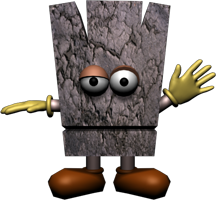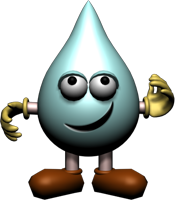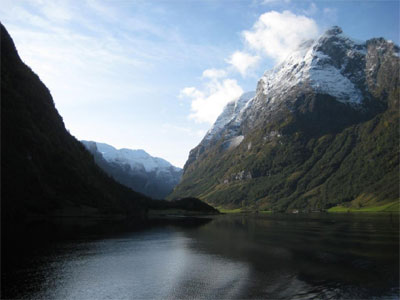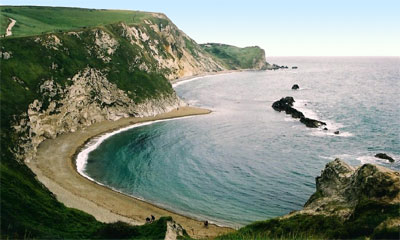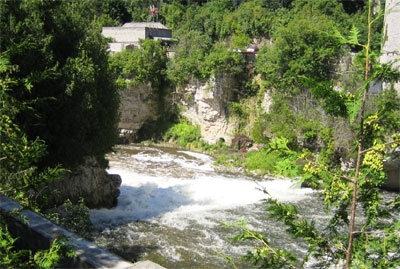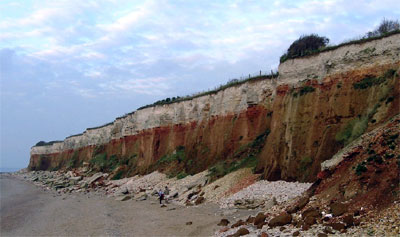
Earth processes
Hello, my name is Gordon. I would like to show you some of the really cool ways that the surface of the earth is constantly being changed.
Natural forces have the power to change our landscape by weathering, erosion and deposition.
Weathering is the process where rock  is dissolved, worn away or broken down into smaller and smaller pieces. There are mechanical, chemical and organic weathering processes.
is dissolved, worn away or broken down into smaller and smaller pieces. There are mechanical, chemical and organic weathering processes.
 Weathering and erosion
Weathering and erosion
Geologists use the word sediment when they talk about fragments of rock. Gravel, sand and mud are all sediments.
Geologists are 'earth detectives'. Just like other detectives, we need clues that can help us explain what happened in the past. Studying what happens at the coast, in rivers or in the desert can help us figure out how landscapes change and sedimentary rocks form.
 Why geologists study earth processes
Why geologists study earth processes
Different kinds of sediments are shown on superficial geology maps 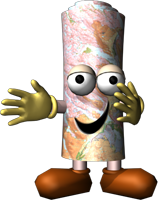 . This superficial geology map of Flanders, Belgium is from the OneGeology Portal.
. This superficial geology map of Flanders, Belgium is from the OneGeology Portal.
Can you guess what made the green shapes?
Yes, that's right. Alluvium (river deposits) are shown in green on the superficial geology map of Flanders, Belgium. See the rivers page for more information.
page for more information.
More information
We are going to find out about:



